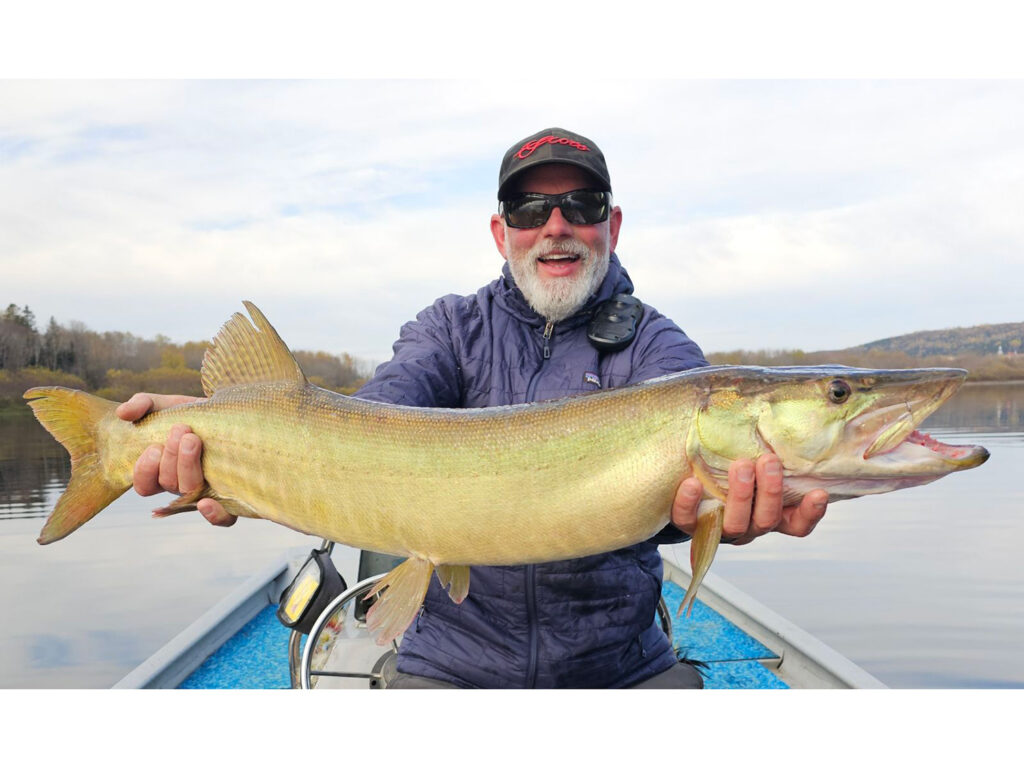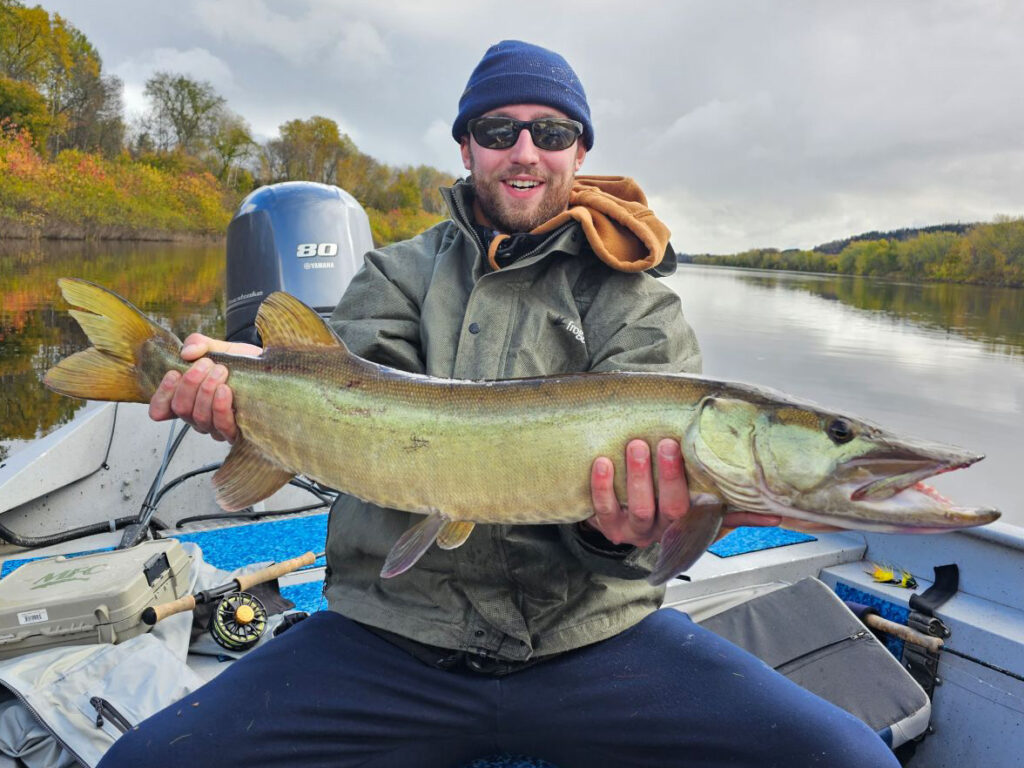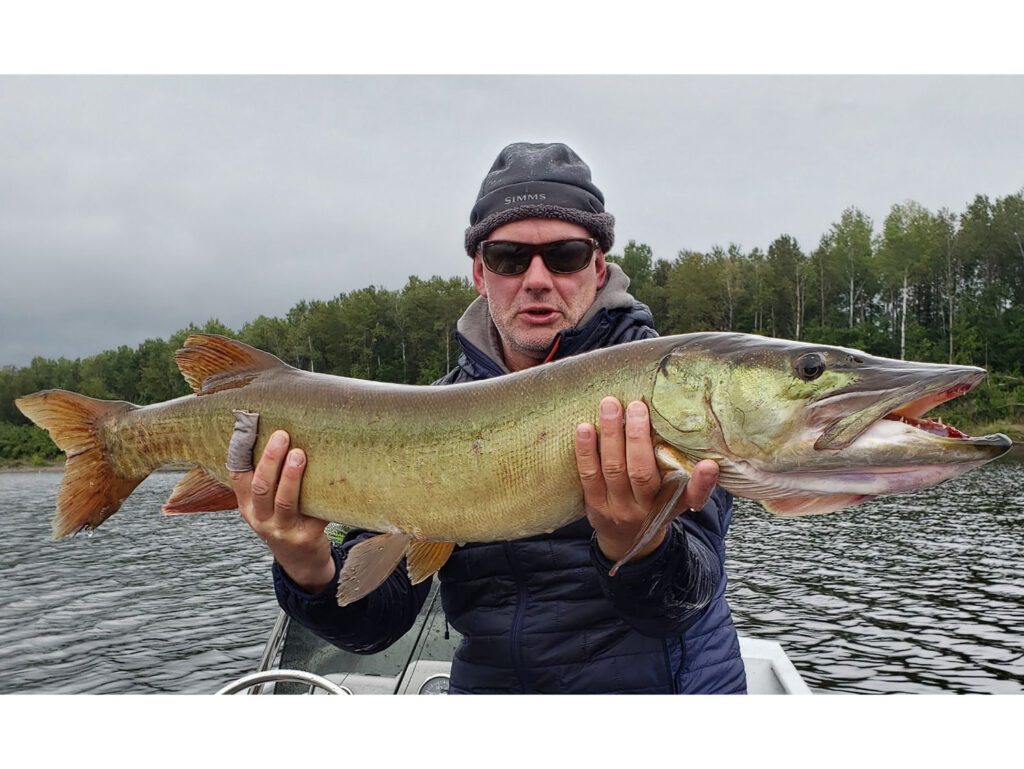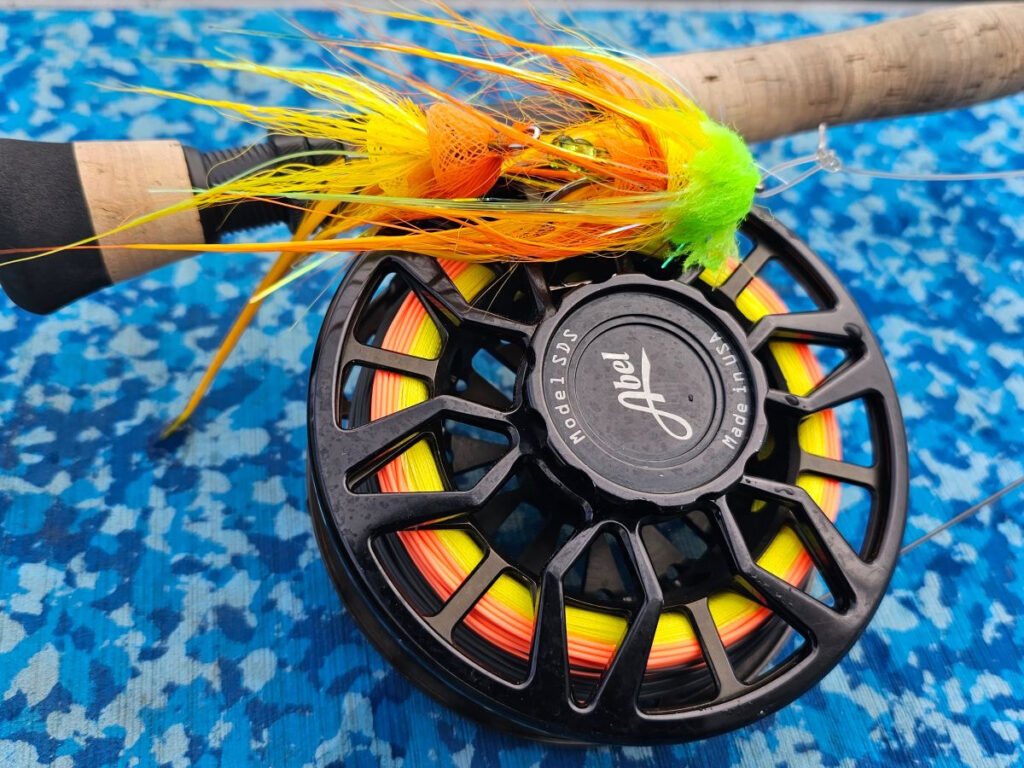
As muskies thrive in Maine, the likelihood of consistently landing fish over 50 inches is growing.
Kevin McKay, Maine Fishing Adventures
When thinking about musky fishing, northern Maine may not be the first location that comes to mind. A decade ago, Kevin McKay, the owner of Maine Fishing Adventures, a leading musky guide service in the Pine Tree State, shared that same sentiment. After hearing that muskies had invaded the St. John River, which acts as the boundary between Maine and Quebec, McKay, along with his son, journeyed to the area, quickly confirming the rumors: northern Maine is teeming with muskies.
The Growth of Musky Fishing
The musky (short for muskellunge) stands as the ultimate predator of freshwater environments—large, resilient, and quite elusive. Known as the fish of 10,000 casts, they have a reputation for being challenging to capture due to their ghostly behavior and their tendency to feed only during specific times. Many anglers gauge the success of a musky outing not by their catches but by how many fish they sight, as these apex predators are infamous for following lures right to the boat.
The traditional musky strongholds include the Great Lakes, the upper Midwest, southern Ontario, and parts of Quebec. Many freshwater anglers have either fished or heard of legendary spots like Lake of the Woods, Lake St. Clair, Eagle Lake, and the St. Lawrence River. Musky populations can also be found as far south as the Appalachian region.
The Origins of Musky Fishing in Maine

Along with stunning autumn foliage, the fall season in Maine offers excellent muskie fishing opportunities.
Kevin McKay, Maine Fishing Adventures
In the 1960s, the Quebec government introduced muskies into Lac-Frontière to establish a quality population for local anglers. Over time, these fish migrated downstream into Maine’s portion of the St. John River, feasting on trout and gradually spreading throughout the system.
As the musky population expanded, so did the interest among anglers, leading to events such as the Fort Kent International Muskie Derby, which attracts participants from both sides of the border every August. However, not everyone has embraced this development. Many Maine anglers express concerns, viewing muskies as a threat to the state’s traditional trout and salmon populations. Without specific seasons or bag limits in place, many fish are killed to protect native species.
Kevin McKay believes these fish are here to stay and will continue to grow larger, stating, “Musky fishing in Maine has the potential to yield fish exceeding 50 inches.” Notable areas in the watershed include the main flowage of the St. John River, Glazier Lake, Baker Lake, Beau Lake, and the Allagash River.
Best Practices for Muskies Fishing in Maine

Muskies longer than 40 inches are becoming plentiful in northern Maine.
Kevin McKay, Maine Fishing Adventures
Muskies are predatory fish that can weigh over 60 pounds and typically feed on large baitfish such as suckers, chubs, panfish, and ciscoes. Hence, anglers should concentrate on using baits like bladed bucktails, sizable topwaters, oversized crankbaits, plastic-bodied jerk baits, and other reactionary lures.
To effectively handle these heavy bait options, anglers should employ suitable rod and reel setups. A good choice is heavy casting tackle with rods longer than 8 feet and foregrips designed for optimal leverage during casting. Rod power and action should align with the angler’s techniques and preferences, and some rods come with pistol-style lower grips for added action control.
When it comes to reels, classic round styles or reinforced low-profile models are great choices. However, gear ratios ranging from 5:1 to 6:1 are essential to propel large baits effectively. Many anglers prefer braided line complemented by heavy-duty fluorocarbon or even steel leaders when fishing in murky waters.
Muskies often hide near various structures, particularly at the edges of weed beds, current breaks, wood, and rocky formations offshore. The best times to fish for muskies are during the cool waters of spring and fall, as the muggy summer months tend to lead to prolonged inactivity.
Fly Fishing for Muskies

Bright orange and chartreuse articulated streamers are effective for capturing large muskies.
Kevin McKay, Maine Fishing Adventures
For McKay, targeting muskies with a fly rod has become increasingly appealing, to the point where it inspired a documentary showcasing the unique challenges and rewards that fly fishing for muskies can offer seasoned anglers.
For those using flies, the same principle applies: bigger is always better. McKay and his clients utilize 10- to 12-weight fly rods with extended fighting butts. Additionally, a heavy 400- to 500-grain line is necessary for achieving powerful, precise casts. Large articulated streamers, typically around 6 inches long, are commonly used for fly fishing.